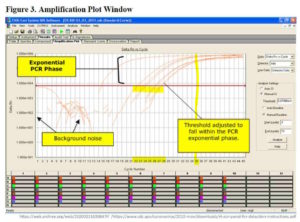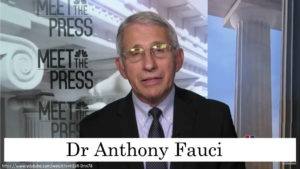Antibody studies shows lower IFR than expected, in line with flu
On April 11, 2020 a preprint study by John Ioannidis and Jay Bhattacharya et al, looking at 3,300 people living in Santa Clara and revealed that 1 in 66 people already had SARS-CoV-2-specific antibodies, a rate which extraporated out to around 2 million people already being infected, when at that same time the official number is only 1000. This translates into an IFR of 0.12-0.5-2% which is in line with the flu. [1, 2] The sero-survey gives you a snapshot in time of who is infected in your given population. The commercial tests can be used, which shows if a person had been infected for at least a week earlier, even if they have had no symptoms. It is an inexpensive way to get a lot of useful data. "Bhattacharya says the results probably undercount the prevalence in the wider population, because they miss anyone who has been infected too recently to have mounted an immune response, and exclude people in prisons, nursing homes and other institutional settings." A German study on April 9, 2020 had tested some 500 people in a village of more than 12,000 found that 1 in 7 had already been infected, overall estimating that 15%..> READ MORE





